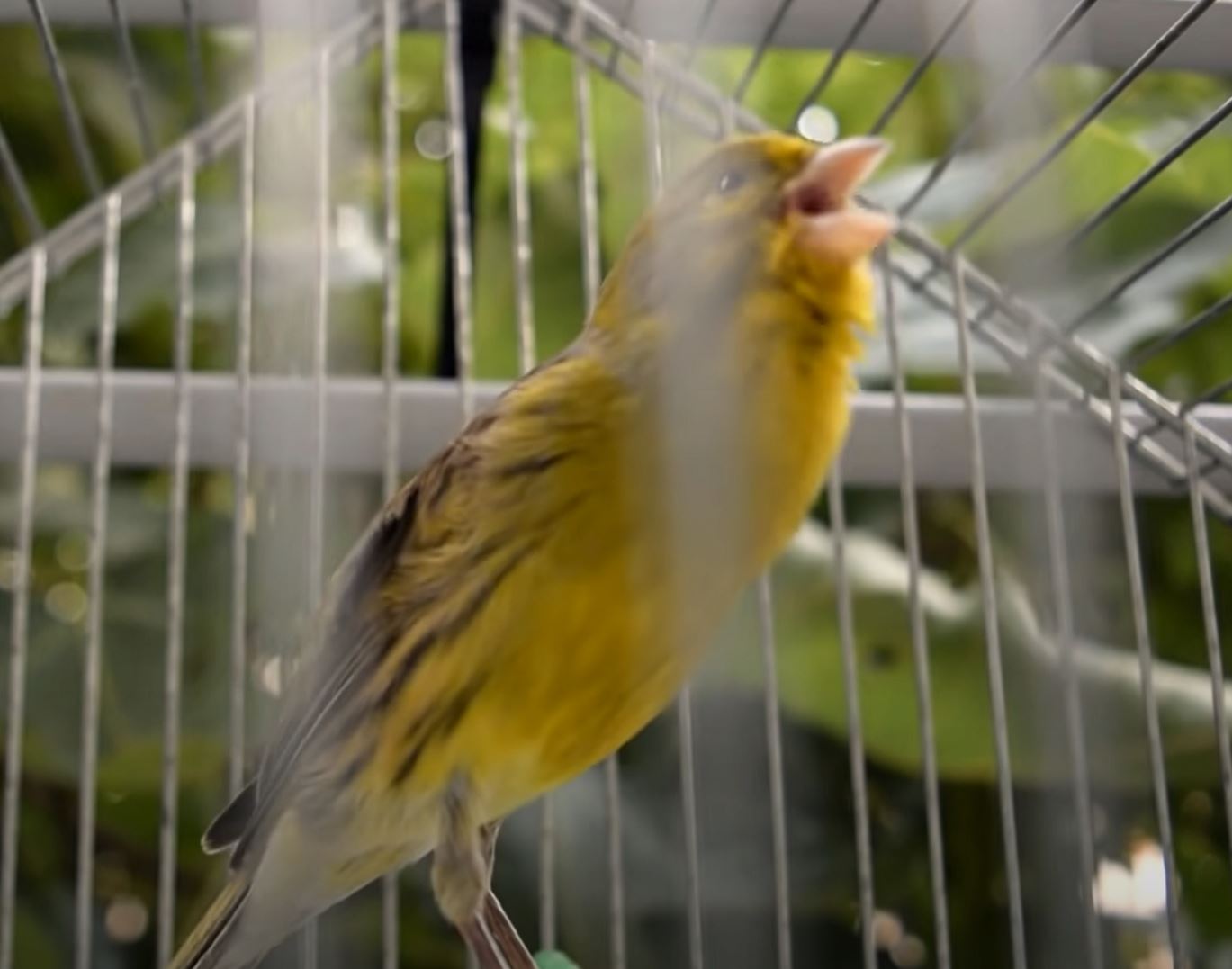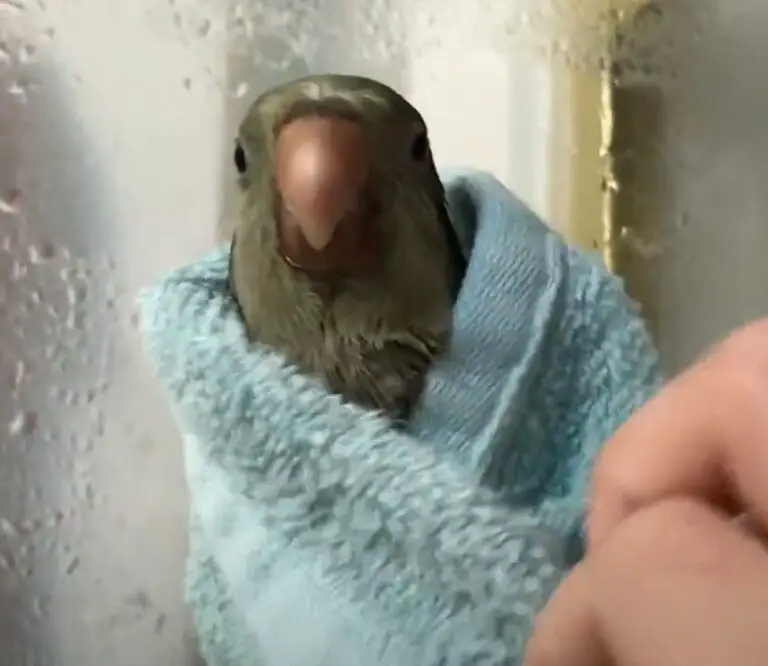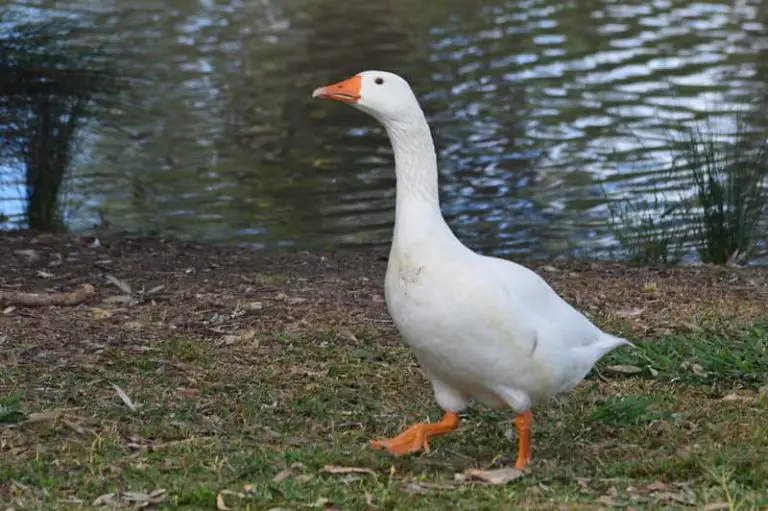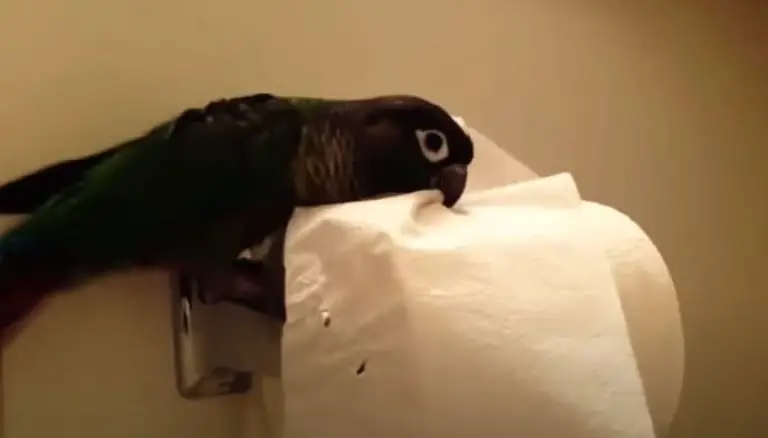Are Canaries Loud At Night?

The canary is a favorite pet among all bird pets. Renowned for their beautiful and colorful feathers, spectacular singing capability, and amazing personality, canaries are wonderful cage birds.
The canaries get their name from their native habitat, the Canary Islands, where they were first discovered. They are primarily solitary birds and prefer to sing when in isolation.
According to Better Pets and Gardens, these birds display their personalities through song and colors. Canaries’ bright colors include red, orange, and white. Bright yellow is the most common color.
Most bird pet breeders keep canaries for their singing. So, this article will help you understand plenty about canaries. Do they make sounds at night, and do they need to be covered?
Are canaries loud at night?
Canaries are mostly quiet birds; however, male canaries will mainly produce songs that blend with the background noise. As an owner, you may be concerned about whether the canary will make sounds at night.
The different breeds of canaries have different singing volumes and intensities. For instance, the Persian and Spanish Timbrado canaries make the loudest noise, while the Waterslager and Harz Roller canaries are softer and more peaceful (Pet Advisers).
So, the Persian and Spanish Timbrado canaries can probably keep you awake during the night. Canaries would mostly sing the same melody during the daytime and at night.
So, if you have a softer-voiced canary, you can sleep peacefully even when it sings. However, there are tips to make canaries quieter at night.
Covering the bird’s cage with a dark cloth can ensure your canary sleeps through the night. The other option is to ensure the bird’s room is dark and quiet at night.
Do canaries need to be covered at night?
Most bird owners cover their bird’s cages at night. However, is this necessary for a canary? Yes, canaries need to be covered at night. These birds require plenty of rest (up to 12 hours) to stay in peak health.
So, if the bird’s cage is in a busy room or environment with plenty of activities, it is paramount to cover the cage. Canaries cannot sleep comfortably with distractions such as bright lights, loud noises, and movements from people or other pets (Flight Animals).
These birds are susceptible to night fright. This is a condition where the bird is frightened and can fly within the cage, possibly injuring itself. Ideally, cover the canaries’ cage with a dark cloth, leaving space for aeration.
Also, you can purchase canary covers that are custom-made to be breathable and opaque. Bonus tip: always clean the cage so the odor of its droppings doesn’t suffocate the canary.
What are the possible reasons for a canary to make noise at night?
If a canary makes a sound at night, it may be down to several factors. First, if the canary cage is not covered with a dark cloth, the bird may be unable to sleep. It is customary to have your canary covered by 9 pm.
To ensure the birds sleep comfortably through the night. However, loud noises and bright colors can distract the canary, particularly when the cage is uncovered.
A canary would sing to blend with the background noise; consequently, it is possible for the bird to make noise in a noisy room. Further, bright lights will keep the bird awake, and it would make sad tweets until morning.
Canaries can also make sounds at night when it’s infected. Clever Pet Owners informs that canaries are susceptible to air sac mite infections.
The symptoms of the disease include making uncontrollable gaping and clicking noises. Canaries would make clicking noises as their trachea tightens.
Taking your bird to the vet is critical if they suffer from the condition.
How do you keep a canary quiet?
Canaries are known for their vocals but are typically quiet and timid (Pet Advisers). Regardless, it is not uncommon to have a loud canary that sings throughout the day and night.
However, some tricks can make the bird quieter. First, keep the canary in a dark and noiseless environment during nighttime. Bright lights would over-stimulate the bird.
A canary exposed to long hours of sunlight each day tends to be more aggressive and louder. 10-12 hours of exposure to light is ideal. So be sure to cover the bird’s cage every day before going to sleep.
Canaries often respond to background noises by singing themselves to blend into the sounds. So, enjoy your music at low volumes to keep your canary quiet. Once the bird is accustomed to a quieter environment, it adapts and makes less sound.
Lastly, make sure the bird is happy and healthy. Cleaning the bird’s cage daily and appropriately feeding it ensures your bird feels relaxed and maintains optimum health.
A sick bird would normally behave erratically and make loud noises, so a vet checkup is essential if that’s the case.
What time do canaries go to sleep?
Canaries receive 10-12 hours of sunlight in the wild before sleeping. Canaries prefer to sleep in the dark, so it is advised to cover the bird’s cage with a dark cloth anytime from 7 pm to 9 pm.
Quality night sleep for a canary should be between 12-14 hours. If the canary does not receive enough sleep, it can suffer from sleep deprivation. Also, canaries can sleep during the day.
According to Flight Animals, canaries commonly sleep in the afternoon between 12 pm-3 pm. If it sleeps, ensure the environment is quiet. A night of long and uninterrupted sleep is essential for the optimum health of a canary.
Do female canaries make noise?
Male canaries usually sing full songs. They typically do it to attract the attention of females. However, female canaries can make noises and sing, although not to the intensity and loudness of male canaries.
Females mostly chirp and make short little songs. When they are ready to mate, female canaries can be more vocal than their male counterparts.
Bottom Line
With their beauty and unique melodies, canaries make for excellent bird pets. It is critical to understand how to best care for the bird, learn about its eating habits, and ensure they get enough quality sleep.
References
https://www.betterpetsandgardens.com.au/pet-care/birds-and-poultry/keeping-canaries/
https://petadvisers.com/are-canaries-loud/
https://flightanimals.com/cover-canary-cage-at-night/
https://flightanimals.com/how-do-canaries-sleep/






